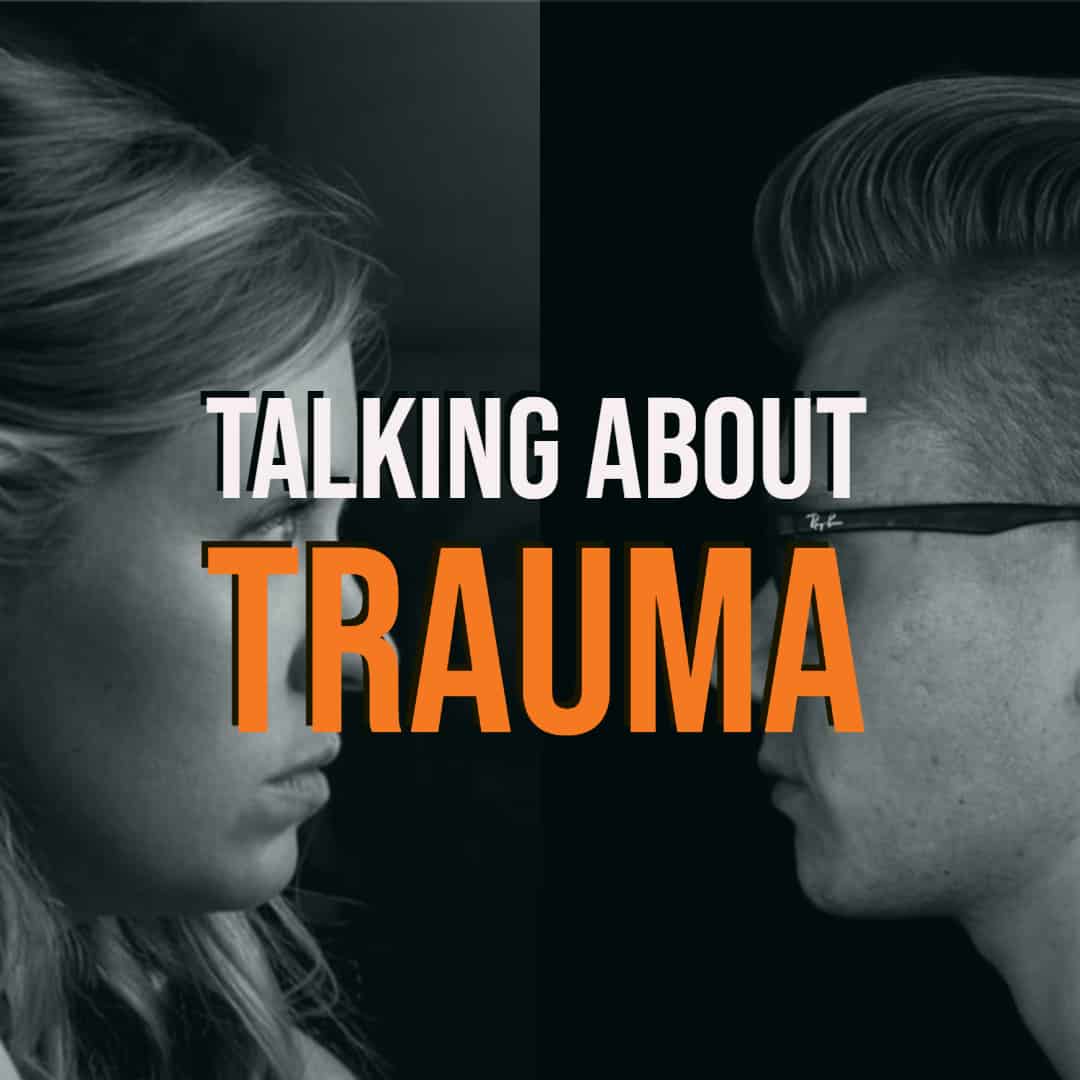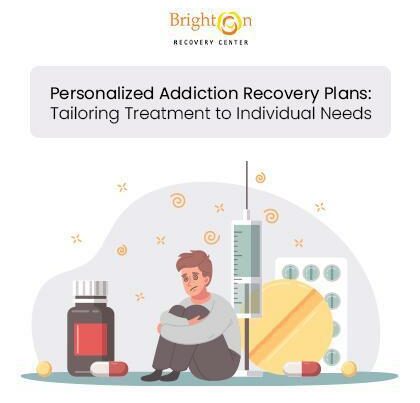Tips for Talking About Trauma
Talking about trauma can be a tricky. If someone comes to you with a traumatic experience, it’s easy to do more harm than good. Equally, if you need a listening ear, even the most well-intentioned friends can cause unintentional detriment. So how can you talk about trauma in a healthy and productive way?
To start off, we need a basic understanding of what “trauma” is. There are many definitions, but here are two from our licensed therapists:
“Anything that happened to you, that when you remember it, you feel as if you were right there again as if no time has passed. Your body and mind react the same way as if nothing has changed.” – Kamrin Carver
“The memory of an event that just won’t go away and makes you feel unsafe in some area or all areas of your life.” – Kevin White
Traumatic experiences can vary dramatically, and if you’re human, you’ve experienced trauma to some degree. Trauma is often followed by shock, denial, and disbelief. Long term symptoms include flashbacks, unpredictable emotions, nightmares, irritability, mood swings, anxiety, depression, and more.

[vc_empty_space]
Typical responses to trauma:
People tend to respond to trauma with different, self-protective behaviors. It’s helpful to be aware of these behaviors so you can recognize when they surface.
- Fight: Attempting to combat the effects
- Flight: The experience of wanting to run either physically or emotionally
- Freeze: Not being able to or not knowing how to act
- Fawn: The trauma survivor focuses on getting closer to what hurt them
- Fornication: Physical expression of fawning; using physical pleasure to ease emotional pain
Of course, the best way to respond to trauma is to find professional help. However, even though you may not be a professional, there are things you can do to help.
Why do people fear talking about trauma?
Often times, people are too afraid to talk about their trauma even though they feel the need to. They may be afraid of judgment, invalidating responses, being misunderstood, or being asked uncomfortable, probing questions. Understanding these fears goes a long way toward making someone feel comfortable enough to open up to you.
How can you help when someone does find the courage to open up to you?
1. Listen: Saying less is okay, sometimes people just need to get something off their chest.
2. Be aware of your own discomfort: Listening to trauma can be distressing; it’s important to be mindful of your own feelings and boundaries.
3. Be aware of your own bias: When you’re rubbed the wrong way by someone, ask yourself, “Why?”; try not to let that lessen the opportunity to be helpful.
4. Believe the survivor: It takes a lot of courage to open up and share your vulnerabilities; not being believed is extremely hurtful and may cause the survivor to withdraw.
[vc_empty_space]
What NOT to say:
Some statements and questions may seem okay, but are actually damaging.
1. Why didn’t you say anything?
2. Why did you wait so long to tell someone?
3. Why did you let it happen?
4. You should have known better.
5. This sounds like what happened to me/my friend/my… (this makes it about ourselves)
6. It could have been worse.
7. You are still here.
8. Are you sure?
[vc_empty_space]
What you can say instead:
The following statements line up with those on the left and demonstrate healthy alternatives that you can say instead.
1. What has helped you be comfortable enough to tell this to me?
2. What has helped you now to feel like this is a safer time to open up?
3. It sounds like you didn’t have much control.
4. What were you taught about how to react to things like this?
5. Have you connected with anyone else who had a similar experience? Do you feel alone? Do you want to talk more about it?
6. What have you found that helps you now?
7. I see a lot of strength in you sharing this with me.
8. What are some signs of impact? How has this negatively affected your life?
[vc_empty_space]
Other things to consider when talking about trauma:
1. Ask for consent
Are you okay talking about this with me? May I ask more? Would you like me to just
listen? What can I do to help you feel more comfortable?
2. Be aware of space
Allow them to sit where they choose. Ask if we are too close. Try not to get in between the survivor and their exit.
4. Give permission.
It’s okay to stop anytime. Would you like a break?
5. Ask open ended questions to create room for emotional responses.
Finally, some words of warning for talking about trauma:
The stress resulting from helping or wanting to help a traumatized or suffering person can be traumatic on it’s own. This is called secondary trauma and can lead to vicarious trauma. Vicarious trauma is the cumulative, transformative effect from the ongoing exposure of talking about trauma on a regular basis. The symptoms of both of these types of trauma look similar to those that have experienced the trauma directly. Be mindful of your own feelings and know that talking about trauma can be overwhelming. It’s always a good idea to refer a friend to a licensed therapist, especially if your own mental health is being affected.
Looking for a good example of talking about trauma? Watch these three amazing ladies as they tackle this issue on our Recovery Podcast
You might also be interested in our article on how Truama and Addicition relate to each other.



